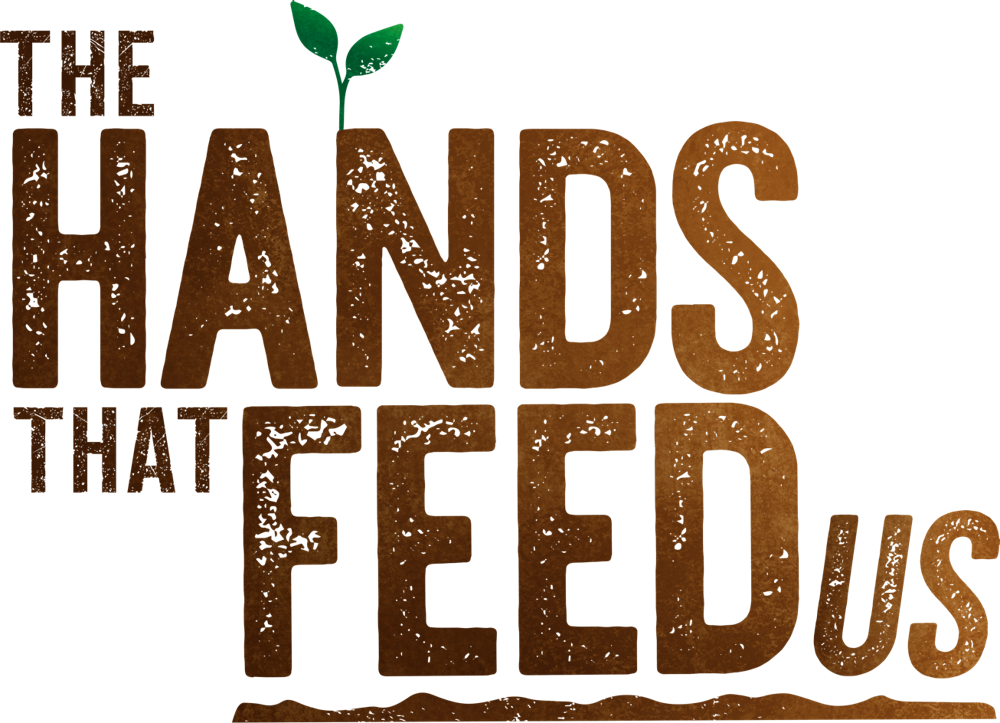First week on the farm
It’s official. I arrived on Amara Farm on April 15th to start my new life as a farmhand / filmmaker. Filming has started already — I’ve filmed an interview with farmer Arzeena Hamir, the first farmer’s market of the year for the farm, and the installation of a brand new farm stand. During the eight weeks I’ll be here, I hope to capture every aspect of how Arzeena sells her food. I also hope to film the ways that COVID-19 touches the farm. We can already tell this isn’t a normal year: Despite lower foot traffic, the market nearly sold out. There’s also an insatiable demand for seedlings!
For me, the biggest change isn’t anything to do with COVID. It’s the farm work itself. I think I lucked out in visiting Amara Farm first. I’m working 8-hour days, with a full hour lunch break. Those are the most civilized hours I’ve ever worked — I was expecting much worse. This city boy is grateful for the easy introduction to farm labour — my body is toughening up nicely, and I’m finding myself capable enough, if a bit slow compared to the other workers.
In general, I won’t be sharing details of my farm work in this newletter, but if you’re curious how a filmmaker like me is taking to farm work, I’m using YouTube to post my personal thoughts on farm life. Here’s a couple videos I’ve posted so far:
- First Day on the Farm: https://www.youtube.com/watch?v=tUYoLUULJ34
- Everything starts with Asparagus: https://www.youtube.com/watch?v=-4bmYNdf9OI
If you’re curious why everything starts with Asparagus, I share the story of how I started thinking about the issues behind The Hands that Feed Us in the video.
The COVID-19 effect: How are farmers affected?
COVID-19 has upended life for nearly everyone, but life on the farm feels surprisingly normal. Growing food is without question an essential service, and working outside makes social distancing simple, so the physical growing of food hasn’t changed. I’m in contact with quite a few farmers for this film, and none of them has reported huge changes in their day-to-day lives.
This big picture is a different story. The various lockdowns and social distancing have caused huge shifts in demand and changes in how food gets from farmers to the people who eat it. There’s no shortage of anxiety about the food system among the general public, which is reflected in the news: Farms, farmers, and food issues are all getting an unusual amount of media attention. Here’s a smattering of the better articles I’ve found:
- Small farms tackle COVID-19 and Canada’s food system
- ‘It’s a complicated situation’: Temporary foreign workers allowed into Canada, but there are hurdles
- Huge shifts in milk demand has farmers dumping milk
- Meat packing concentration makes Canada’s food system vulnerable
I’ve tried to stick to articles that document the actual effects on farmers rather than the feared effects, but for those of you who like a bit of informed speculation, here’s a couple big picture articles:
- Richmond councillor warns of food insecurity
- Keeping people fed during a pandemic: COVID-19 impacts on the Food Industry
Capitalism for farming is broken
One of the questions I asked Arzeena in her interview was about the startup costs for a farm. An obvious cost is land, and land is very, very expensive. It’s so expensive, in fact, that in some regions (especially in B.C.), it could take a lifetime to pay for the farmland from the proceeds of the farm. I’ve written about this before, but I wanted to unpack what this means from a business perspective.
In Canada, we take it for granted that starting a business, including a farm, involves a little bit of capitalism. Starting a business typically means finding investors willing to put money into the business as it gets established, and it’s expected that those investors eventually see a return. The problem is, the price of farmland basically guarantees that this model doesn’t work — the startup costs are too high, and the expected returns too low. Capitalism for farming — at least farming as an independent business simply doesn’t work.
My latest blog post explores this theme in more detail. It spells out exactly why we can’t expect capitalism to invest in farming any time soon.
What’s next?
- I’ll be filming at Amara Farm until about June 10th.
- I’ll also be filming some of Amara’s customers. Their produce is available at a local grocer called Edible Island, and I plan to find out how it gets there.
- Fundraising. My producer is helping with this, and we’ve started applying for funding. We’ve already applied to CBC’s Relief Fund to create a podcast for the project, and to Creative BC for development funding.
How can I help?
- Share your knowledge. COVID-19 is a massive phenomenon, and it’s hard for one person to stay on top of everything that’s happening. If you come across a news article about how COVID-19 is affecting farmers, please send it to me. Alternately, if it’s of interest to other readers, consider sharing it on our Facebook page.
- Share my knowledge. This project has a better chance of success if lots of people know about it. I just wrote an article about how Capitalism for farming is broken. If you liked it, share it with your friends. Or, if your friends prefer something lighter, share my vlog and they can learn what it’s like for a city boy like me to start farming.
- Know any dairy farmers in Québec who would be interested in participating? I’m offering a month of my labour in return for room, board, and the ability to film them on their farm. With COVID-19, it’s hard to know when Québec will be safe to visit, but my current goal is to visit in November, which is plenty of time for things to settle down. Put them in touch.
